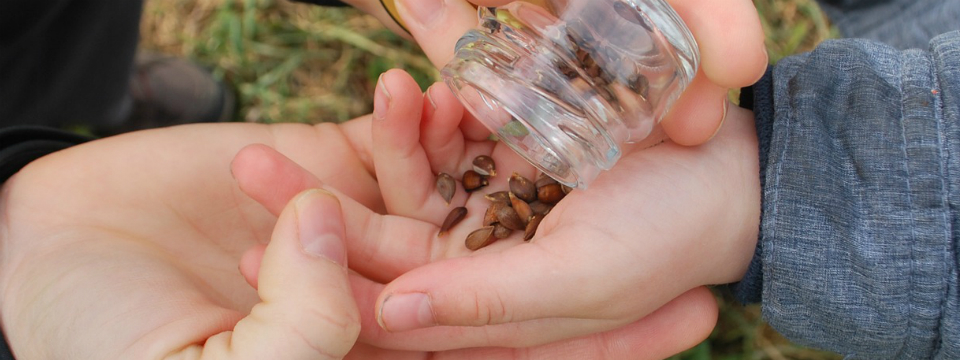PBS NewsHour: Why first-generation students need mentors who get them
PBS’ September 20, 2016, podcast of their NewsHour series tackled the importance of mentors to first-generation college students. To access the podcast, click here. You can find the transcript of the essay from novelist Jennine Capo Crucet below, as well.
GWEN IFILL: We close with an essay.
Novelist Jennine Capo Crucet grew up in Miami and attended Cornell University in Upstate New York. In addition to adjusting to the cold, Jennine learned to navigate campus as a first-generation college student.
Tonight, she shares thoughts on why colleges need to do better at welcoming students like her.
JENNINE CAPO CRUCET, Author, “Make Your Home Among Strangers”: It took me going away to college to learn that, by doing so, I would become something called a first-generation college student.
This means I was the first in my family to go to college, but it also meant I had no idea how much I didn’t know.
For instance, my family stuck around for all of freshman orientation because the paperwork about move-in day didn’t explicitly state when they should leave, so we assumed they need to be there the whole week.
Long after other families had taken off, mine was still following me around as I registered for classes or during the school-mandated swim test. I was glad to have them there, but it did make for some awkward meals in the dining hall.
Aside from going to class, I had no road map for what I was supposed to do as a newly minted college student. I navigated those first weeks by carefully watching what I thought of as real students, those whose parents had gone to college, who’d gotten a lifelong rundown of what was in store.
That’s how I knew to wear flip-flops in the shower or to take notes in class or that visits to the writing center were covered by tuition. But there was still a lot I couldn’t figure out this way.
For instance, I dropped a class after realizing the textbooks would cost a couple hundred dollars. By the time I learned that professors often put books on course reserve, it was too late to add it back that semester, or like when my professors kept saying, “See me in office hours,” as if we all knew what that meant.
But it took a bad grade on a paper for him to explain to me what office hours were, that he was just waiting around in one place, ready to answers all my questions.
What could my college have done to show me how much I needed to know without making me feel dumb or out of my league in the process? This is where well-meaning administrators usually start throwing around the word mentorship. But too many colleges still think of mentoring as just meetings between two people, one who knows some stuff and another who doesn’t yet know that stuff.
Technically, I had a mentor my first year in college, but when I finally met him, he didn’t seem to understand how confused I was, in part because he came from a long line of college-going folks. He didn’t know how much I didn’t know either.
Formal mentors like the one my college assigned me need to be first-generation college students themselves or have been trained by people intimately familiar with the challenges students like me faced.
They need to do more than send us concerned e-mails. They need to knock on our literal doors. And they should be compensated for their work as mentors, not asked to volunteer or serve out of some sense of obligation to help out a past version of themselves. They need to be concretely valued for the resource they are, for the unique survival skills they bring to campus.
I now work as a novelist and, believe it or not, a professor. Whenever I’m in front of a group of new readers or students, I ask those who identify as first-generation college people to raise their hands. I then congratulate them. I tell them how much it means to me to meet them, and I tell them that I’m one of them.
But, later, after whatever talk or lecture I have given, there’s almost always someone who comes up to me and admits they didn’t raise their hand because they didn’t know being a first-generation college student was a fact they could be proud of.
Only then do I admit to them something I know that they don’t: When I was in their place, I wouldn’t have raised my hand either.
GWEN IFILL: You can find more of our essays on our Web site at PBS.org/NewsHour/Essays.











